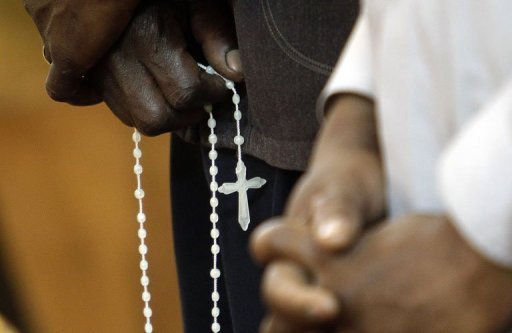Ethiopian obstinacy has hindered any breakthrough in ongoing Grand Ethiopian Renaissance Damn (GERD) negotiations, according to Egyptian Ministry of Water Resources and Irrigation Spokesperson Mohammed Sebaey.
The tripartite negotiations were underway between Ministers of Water Resources and Irrigation from Egypt, Ethiopia, and Sudan.
At a press briefing on Saturday, Sebaey said he is not optimistic for the prospects of achieving a breakthrough during ongoing GERD negotiations, due to Ethiopia’s stance.
“While Egypt exercised considerable flexibility and welcomed a compromise text prepared by Sudan as a possible basis for negotiations, Ethiopia presented, during the meeting that was held on 11 June, a deeply troubling document that is both technically unsound and legally inadequate,” he added.
According to Sebaey, the Ethiopian document, which was rejected by both Egypt and Sudan, reveals the real Ethiopian intentions “to exploit trans-boundary water resources in an unrestrained and unregulated manner and without taking into consideration the rights and interests of downstream states”.
It also shows the extent to which the Addis Ababa government lacks the political will to reach a fair agreement on the GERD.
Sebaey said that the Ethiopian document is an attempt to establish a fait accompli that would accomplish either one of two options. It could push Egypt and Sudan to sign a text holding them hostage to Ethiopia’s will, it would see them accept Ethiopia’s decision to unilaterally fill the GERD.
He further clarified that both Egypt and Sudan are seeking to conclude a legally binding instrument regulating the filling and operation of GERD. This would also protect the interests of the three states at the same time.
Ethiopia, however, is hoping that the three countries will sign “a non-binding text in which the downstream states sign-away their riparian rights”, Sebaey said. This would recognise Ethiopia’s right to exercise unfettered unilateralism both in the use of the Blue Nile and during the filling and operation of the GERD.
Sebaey described the Ethiopian document as designed to negate all the agreements and understandings reached by the three countries throughout almost a decade of negotiations.
This included removing the agreements reached during recent rounds of negotiations that was held in the presence of representatives of the US and the World Bank.
It provides no guarantees for the downstream states that their rights will be protected against potential harm due to the filling and operation of the dam.
It also allows Addis Ababa to unilaterally alter the rules controlling the filling and operation of the GERD, ignoring the interests of Egypt and Sudan.
On 11 June, the Ministers of Water Resources and Irrigation from the three countries held a virtual meeting at Sudan’s request. The meeting was held to address the disputed points over the GERD. During the meeting, however, the Ethiopian representative suggested a new document for agreement.
Egypt considered Ethiopia’s new document as a time-consuming document to allow Addis Ababa time to finalise the project even without reaching a fair compromise.



